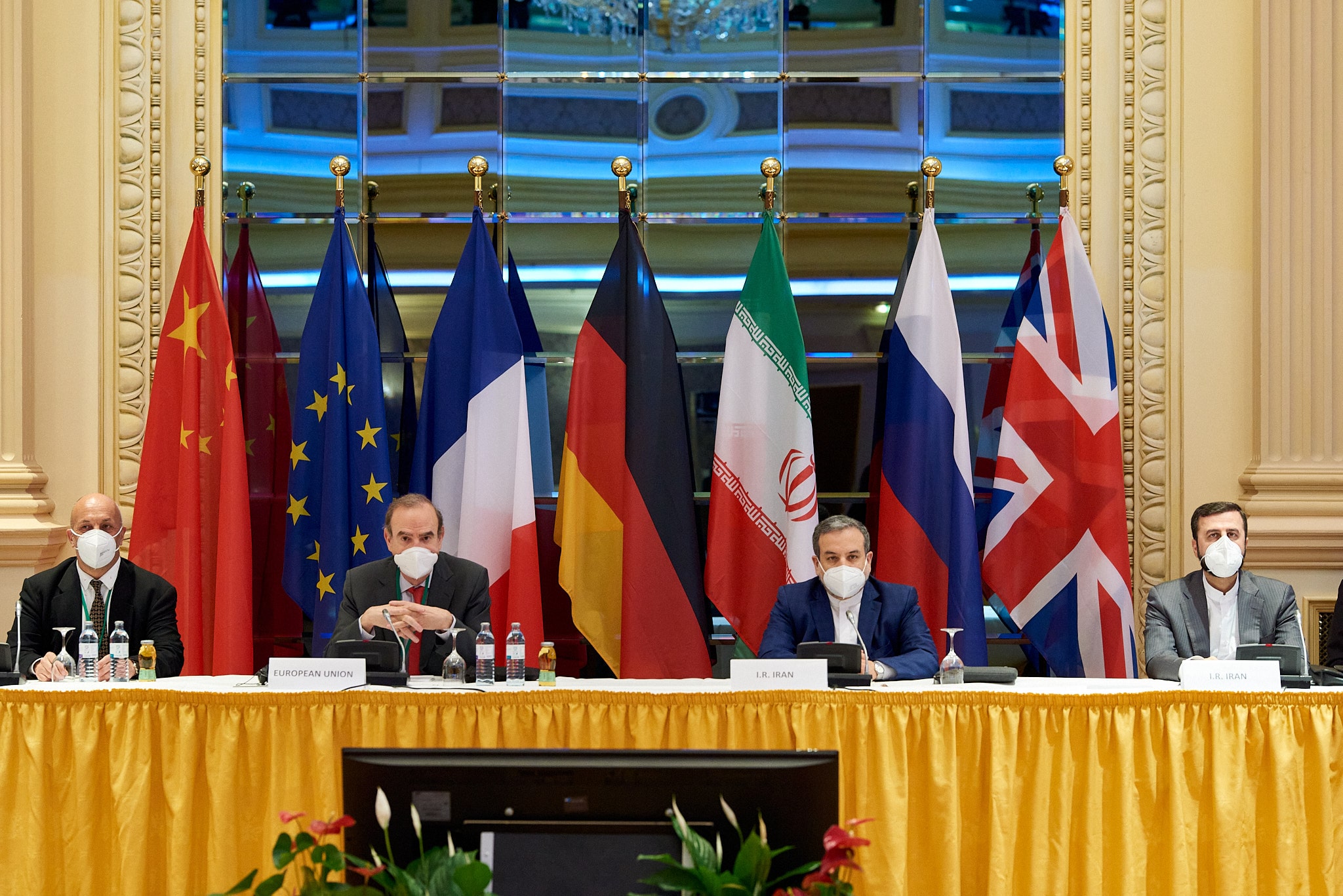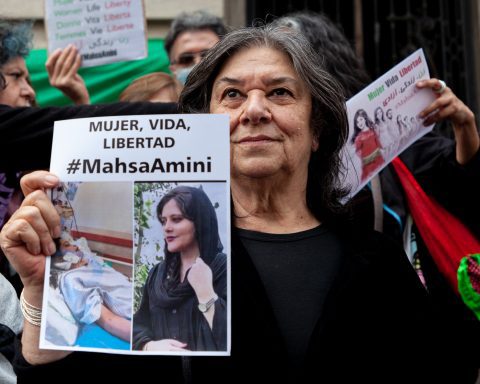The one-month extended monitoring deal, which gives access to the International Atomic Energy Agency (IAEA) to the data of Iranian nuclear sites, expired on June 24. So far, Iran has not responded to the UN nuclear watchdog calls regarding the extension of the deal. Iranian side stated that it has no obligation to respond to the agency’s demand about the monitoring deal.
On Friday, the head of the IAEA, Rafael Grossi, issued a statement addressing the agency’s 35-nation Board of Governors with the latest developments in talks with Iran. In his statement, Grossi said, “An immediate response from Iran is needed in this regard,” referring to the extension of the monitoring deal. He also warned that the issue also puts risk to future of wider negotiations which are being held in Vienna to revive the 2015 nuclear deal.
On the other hand, the Iranian ambassador to Vienna, Kazem Gharib Abadi, said that his country has no obligation to respond to the IAEA’s request on the issue. Stressing that the three-month deal is a technical agreement inked between the IAEA and Iran, the Iranian diplomat emphasized that “the basis of the agreement is to facilitate political negotiations, not Iran’s obligations to implement the IAEA’s request.”
The issue also had a broad repercussion in the United States. Speaking at a joint press conference in Paris alongside his French counterpart, Jean-Yves Le Drian, the US Secretary of State Antony Blinken noted that “this remains a serious concern which needs to be resolved.” Stressing that there are still significant differences with Iran, Blinken added that “I hope a resumption of talks in the coming days could settle them… However, we are just not there yet.”
Another official from the US State Department who spoke to Reuters on the condition of anonymity said, “Iran should engage the IAEA without further delay to ensure appropriate measures remain in place so the IAEA’s continuity of knowledge on the JCPOA monitoring can be readily re-established.”
Besides, another senior US official stated that his country might consider the shift in approach to Iran if the disagreements with them on reviving the 2015 nuclear deal cannot be resolved “in the foreseeable future.” Emphasizing that the negotiations cannot be maintained forever, the US official said, “We do have differences, and if we can’t bridge them in the foreseeable future, I think we are going to have to regroup and figure out how we move ahead.”
Meanwhile, Iran insists on its stance which stipulates that all US sanctions must be lifted completely before it resumes to fulfill its commitments derived from the 2015 nuclear deal. Speaking at a press conference on Friday, Iran’s Foreign Ministry spokesperson, Saeed Khatibzadeh, said that it is possible to conclude the talks and reach an agreement if the US honors its commitments under the nuclear deal and stops using sanctions as leverage in the talks.
In his statement, Khatibzadeh noted that “It is the United States that must make its decision and return to the JCPOA by removing illegal sanctions on Iran and effectively fulfilling all its commitments under the deal.” Highlighting that his country’s stance has not changed since the beginning of the nuclear talks in Vienna, the Iranian diplomat added that Tehran is ready to resume and fulfill its obligations under the JCPOA if the US does the same.
Iran and P5+1 countries have engaged in talks in Vienna to revive the 2015 nuclear deal, known as the JCPOA, since April. The sixth round of the talks was completed last week after the Iran presidential election, in which hardliner Raisi had a landslide victory, was held. The delegations returned to their capitals for further consultations. The next round of the talks has not been scheduled yet. While the Iranian side claims that parties have reached an understanding on the agreement text, European diplomats said many issues need further discussions before any agreement is reached.
Last Wednesday, Iran’s Chief of Staff Mahmoud Vaezi stated that the US agreed to remove all sanctions. However, his statement was rejected by US officials. Affirming that parties try to draft text on the main issues, a US State Department official who spoke on the condition of anonymity said, “nothing is agreed until everything is agreed.”














